Who Should Not Have MRI with Contrast? Contraindications Explained

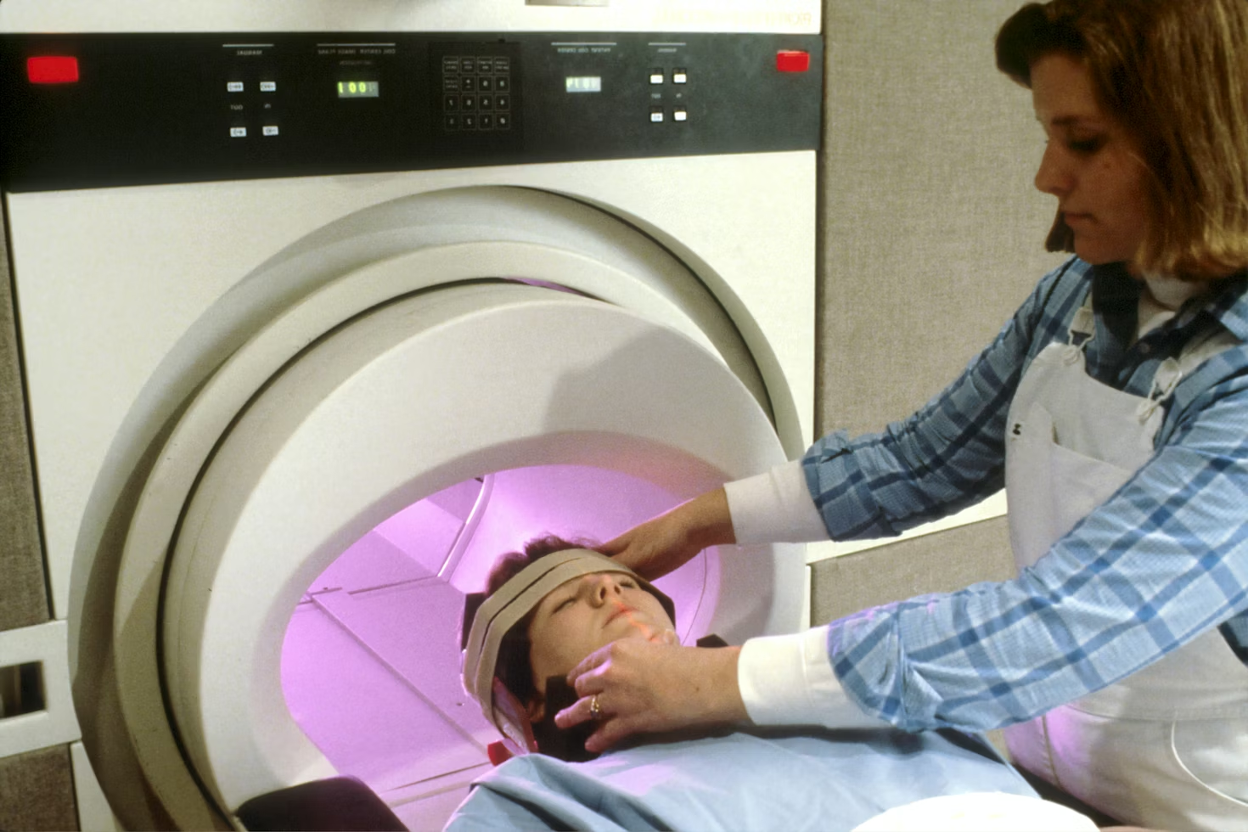
Key Takeaways
- Patients with severe kidney disease should avoid gadolinium contrast agents due to the risk of nephrogenic systemic fibrosis (NSF), a potentially life-threatening condition.
- Pregnant women should generally not receive gadolinium contrast as it crosses the placenta and poses uncertain risks to fetal development.
- Previous severe allergic reactions to gadolinium-based contrast agents represent an absolute contraindication unless proper premedication and emergency protocols are in place.
- Radiological Consultants of America advises all patients to discuss their complete medical history with healthcare providers before scheduling contrast-enhanced MRI examinations.
- ContrastConnect provides expert virtual contrast supervision with certified radiologists available 24/7, ensuring CMS-compliant protocols and immediate response capabilities for contrast exams supervised.
MRI Contrast Agents: Why Some Patients Need to Avoid Them
MRI contrast agents contain gadolinium, a rare earth metal that enhances tissue visibility on MRI scans. While these agents significantly improve diagnostic accuracy, they pose specific risks to certain patient populations. The primary concern involves how these substances are processed and eliminated by the body.
For most patients, gadolinium contrast is processed by the kidneys and removed from the body within 24 hours. However, in patients with compromised kidney function, this elimination process is impaired, potentially leading to gadolinium retention in tissues and subsequent complications. This is why kidney function assessment via blood tests is standard practice before contrast administration.
What Gadolinium Contrast Does During an MRI
Gadolinium-based contrast agents work by altering the magnetic properties of nearby water molecules, creating brighter or darker areas in the resulting images. This enhancement is particularly valuable when examining blood vessels, detecting tumors, or evaluating inflammation and infection. The contrast agent travels through the bloodstream, temporarily changing how tissues appear on the MRI scan.
These agents can help identify abnormalities by highlighting areas with increased blood flow or compromised blood-brain barriers. Without contrast, many subtle but clinically significant findings might be missed, potentially delaying diagnosis and treatment. However, this diagnostic benefit must be balanced against potential risks for specific individuals.
How Contrast Materials Affect Your Body
Once injected intravenously, gadolinium contrast circulates throughout your bloodstream. In patients with normal kidney function, the body efficiently filters and excretes the contrast via urine within 24 hours. Temporary side effects may include a cold sensation during injection, mild headache, nausea, or dizziness.
More serious reactions are rare but can include hives, breathing difficulties, or anaphylaxis in patients with allergic sensitivities. The most significant risk, nephrogenic systemic fibrosis (NSF), primarily affects those with severe kidney impairment. This condition causes thickening and hardening of skin, joints, and internal organs, and can be debilitating or even fatal.
Absolute Contraindications: When MRI Contrast Is Not an Option
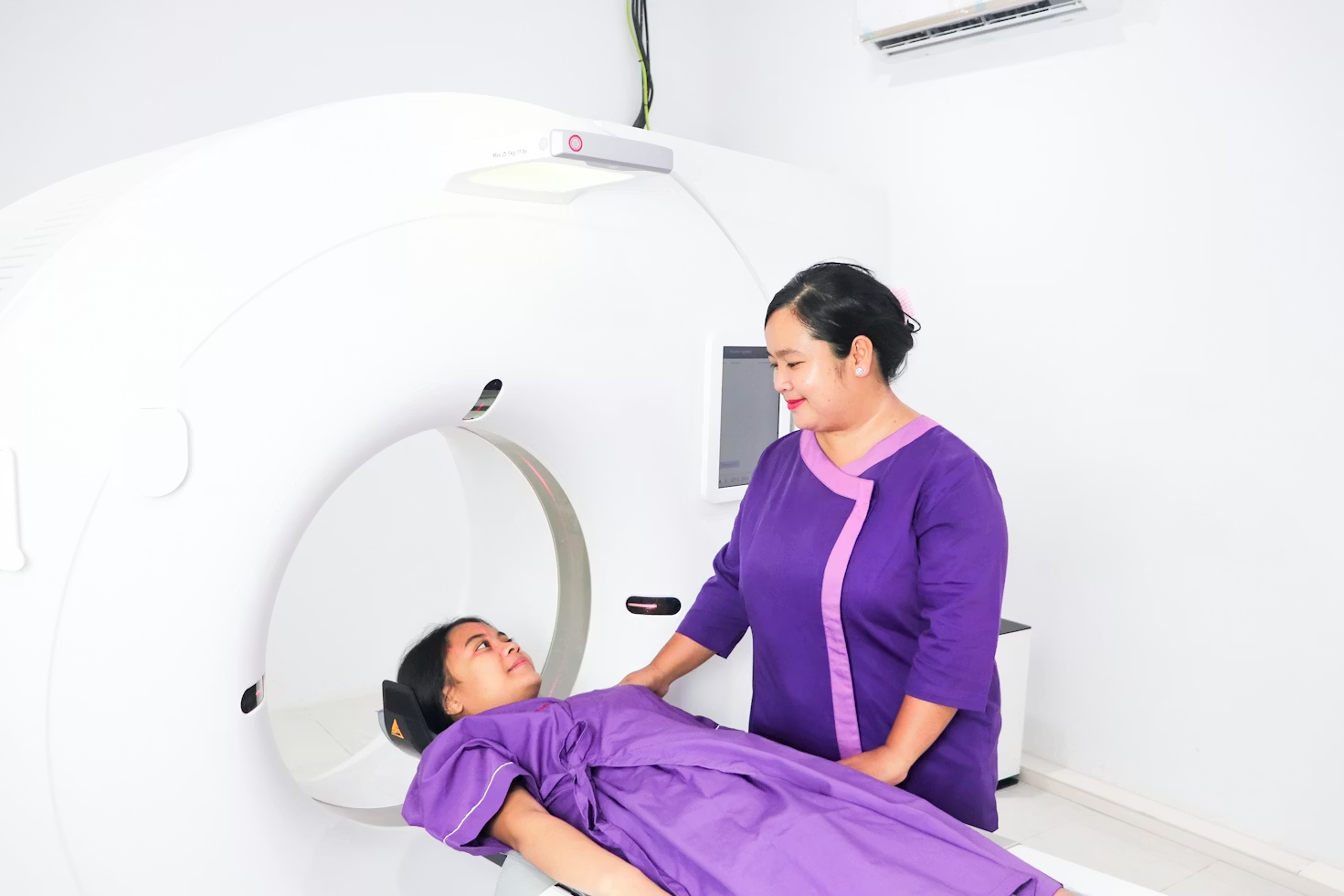
Severe Kidney Disease or Kidney Failure
The most significant contraindication for gadolinium contrast is severe kidney impairment or failure. When kidneys function poorly, they cannot effectively clear gadolinium from the body, potentially leading to a serious condition called nephrogenic systemic fibrosis (NSF). This devastating disorder causes thickening and hardening of the skin, joints, and internal organs.
Patients on dialysis face the highest risk, as do those with acute kidney injury. For this reason, all patients should undergo kidney function testing before receiving gadolinium contrast, typically through blood tests measuring creatinine levels and calculating eGFR.
Previous Severe Allergic Reaction to Gadolinium
A history of severe allergic or anaphylactic reactions to gadolinium-based contrast agents constitutes another absolute contraindication. These reactions, while rare, can be life-threatening and typically manifest within minutes of injection.
Symptoms of severe contrast reactions include difficulty breathing, rapid heart rate, swelling of the face or throat, and a significant drop in blood pressure. If you've had a similar reaction before, your healthcare provider should document it in your medical record, and alternative imaging approaches should be considered.
Pregnancy Considerations & Risks
Gadolinium contrast agents are generally contraindicated during pregnancy, particularly in the first trimester. These substances cross the placenta and enter the fetal circulation, with uncertain long-term effects on fetal development.
Non-contrast MRI is considered safe during pregnancy and is often the preferred imaging method when necessary. However, if contrast-enhanced imaging is deemed medically essential, a careful risk-benefit analysis should be conducted, preferably in consultation with maternal-fetal medicine specialists.
Special Considerations for Vulnerable Populations
Beyond absolute contraindications, specific patient populations require special consideration before receiving gadolinium contrast.
These groups may not have definitive contraindications but present unique risk factors that necessitate individualized assessment and potential modifications to standard protocols.
Breastfeeding Mothers: What You Need to Know
For breastfeeding mothers, the current evidence suggests minimal risk from gadolinium contrast, as it passes into breast milk only in trace amounts. However, the American College of Radiology recommends a cautious approach. Most medical facilities advise mothers to either pump and discard breast milk for 24 hours after contrast administration or to store breast milk ahead of time for use during this period.
If you're breastfeeding, inform your healthcare provider before your MRI appointment. They can help you weigh the minimal theoretical risk against potential disruption to your breastfeeding routine. Many facilities now provide more flexible guidance based on recent research showing negligible risk to nursing infants.
Children & Elderly Patients

Children's immature kidney function may process contrast differently than adults, while elderly patients often have age-related kidney function decline that isn't always reflected in standard testing. Both populations may also exhibit different side-effect profiles.
For pediatric patients, gadolinium dosing is carefully calculated based on weight, and the smallest effective dose is used. Children with immature kidney function, particularly neonates, may take longer to clear gadolinium from their systems. Elderly patients often have decreased kidney function even when laboratory values appear within normal limits, making them potentially more susceptible to gadolinium retention.
People with Multiple Health Conditions
Patients with multiple medical conditions require careful evaluation before receiving gadolinium contrast. Conditions that may interact with contrast administration include diabetes with kidney involvement, liver disease, autoimmune disorders, and recent transplantation. These conditions can alter how the body processes and eliminates contrast materials.
A comprehensive medication review should be conducted before contrast administration, and in some cases, medication adjustments may be necessary. Always provide your healthcare team with a complete list of all prescription medications, over-the-counter drugs, and supplements you're taking.
Alternative Imaging Options When Contrast MRI Is Too Risky
Non-Contrast MRI: Benefits & Limitations
Non-contrast MRI remains a powerful diagnostic tool even without enhancement. This approach removes risks associated with gadolinium while still providing detailed anatomical information. Advanced MRI techniques like diffusion-weighted imaging, arterial spin labeling, and time-of-flight angiography can sometimes compensate for the lack of contrast enhancement.
However, non-contrast studies may miss specific pathologies that would be readily apparent with contrast. Small tumors, subtle areas of inflammation, or early infection might not be as easily detected. The appropriateness of non-contrast MRI depends on the specific clinical question being investigated.
Other Diagnostic Tests That Might Work Instead
Beyond non-contrast MRI, several other imaging modalities may provide alternative diagnostic pathways. Ultrasound offers excellent visualization of many soft-tissue structures without radiation or contrast concerns. CT scanning with or without iodinated contrast (which has different contraindication profiles than gadolinium) may be appropriate for specific conditions.
Nuclear medicine studies, while involving radioactive tracers, don't use gadolinium and may provide functional information unavailable with other techniques. For vascular imaging, Doppler ultrasound or non-contrast magnetic resonance angiography techniques might substitute for contrast-enhanced studies.
In some cases, combining multiple non-contrast techniques can provide comprehensive information comparable to that of contrast-enhanced studies. Your healthcare team will determine the optimal approach based on diagnostic needs, available technology, and your specific contraindications.
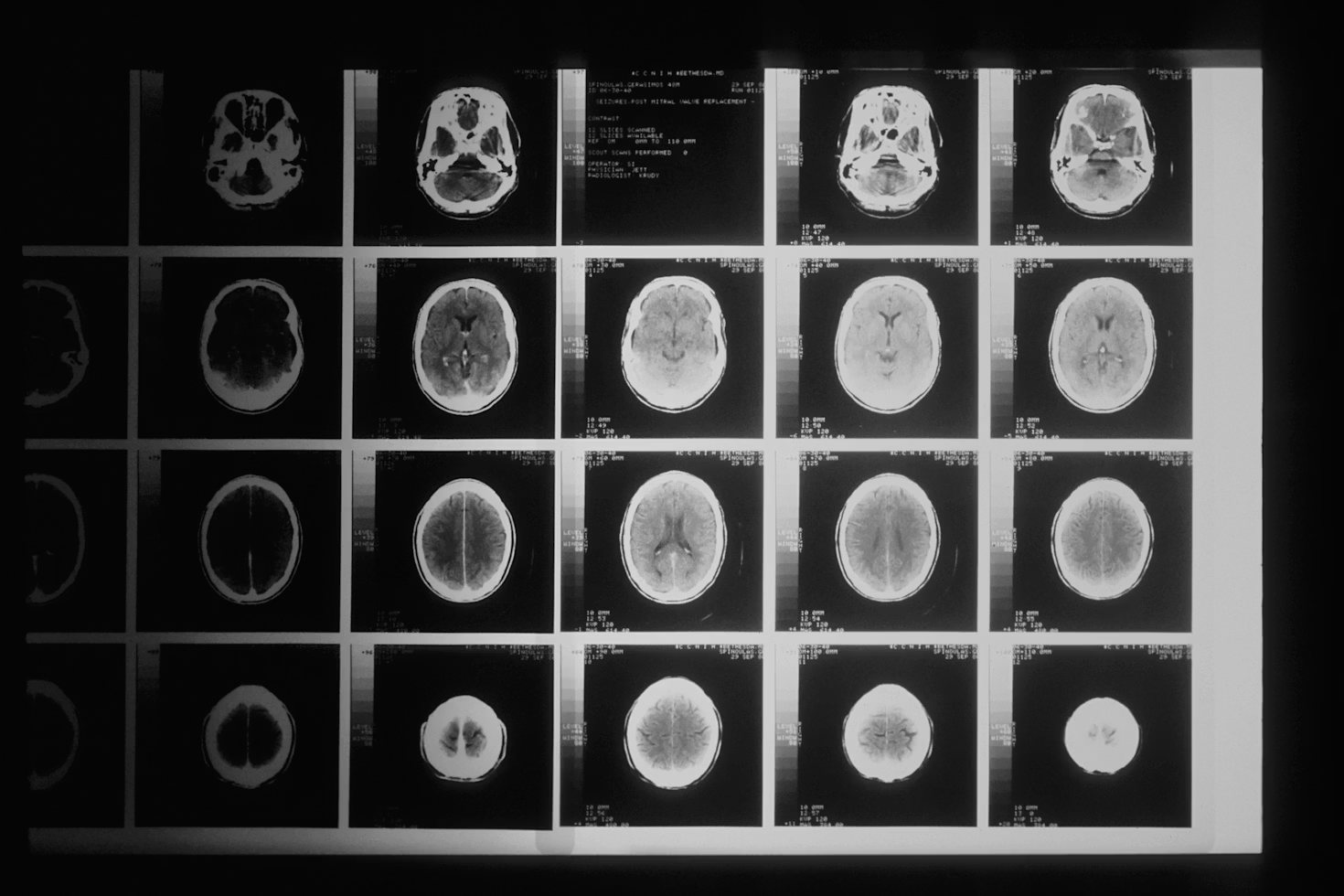
Ensuring Safe Contrast Administration with ContrastConnect
Identifying contraindications and administering MRI contrast safely requires expert medical supervision at every step. At ContrastConnect, we understand that managing contrast protocols involves complex clinical decisions and the need for immediate responses when complications arise.
Our team of certified radiologists provides virtual contrast supervision for outpatient imaging facilities and hospital networks, ensuring compliance with CMS, ACR, and ASRT requirements while delivering unmatched clinical expertise. With over 55,000 contrast exams supervised monthly and 5–10 reactions managed daily, our physicians bring experience that far exceeds typical onsite coverage.
Our secure, HIPAA-compliant platform guarantees immediate access to expert supervision, eliminating cancelled scans and patient delays caused by radiologist shortages. Our comprehensive solution includes technologist training, emergency protocols, and audit-ready documentation, all designed to help imaging centers extend hours, scale operations, and maintain the highest safety standards.
Whether you're managing contraindications, responding to adverse reactions, or ensuring regulatory compliance, ContrastConnect delivers reliable, cost-efficient supervision that protects patients and supports your facility's growth.
Start Your Coverage Assessment Today →
Frequently Asked Questions (FAQs)
Can patients with mild kidney disease receive MRI contrast?
Patients with mild kidney impairment may receive contrast after careful evaluation. Your doctor will check your eGFR levels—typically, values above 30 mL/min/1.73m² are considered safer. Additional hydration before and after the scan helps support kidney function and the elimination of contrast.
What happens if I have a contrast reaction during my MRI?
Imaging facilities have emergency protocols and medications immediately available to treat reactions. Mild reactions like nausea typically resolve quickly, while severe allergic reactions receive immediate intervention, including antihistamines, steroids, and emergency support as needed.
Are there different types of gadolinium contrast with varying safety profiles?
Yes, gadolinium agents are categorized into three groups based on stability and NSF risk. Group III agents (gadoterate meglumine, gadoxetate disodium) have the lowest risk profile, while Group I agents carry higher risks, particularly for patients with kidney impairment.
Can I take my regular medications before receiving MRI contrast?
Most medications can be continued normally. However, metformin (for diabetes) may require temporary adjustment in patients with kidney disease. Always provide your healthcare team with a complete medication list, including supplements, to identify any potential interactions or necessary modifications.
How does ContrastConnect support facilities administering MRI contrast?
ContrastConnect provides 24/7 virtual supervision by certified radiologists through a HIPAA-compliant platform. We supervise over 55,000 contrast exams monthly, manage adverse reactions in real-time, ensure CMS compliance, and train technologists, reducing cancelled scans while maintaining the highest safety standards for patients.
*Note: Information provided is for general guidance only and does not constitute medical, legal, or financial advice. Pricing estimates and regulatory requirements are current at the time of writing and subject to change. For personalized consultation on imaging center operations and virtual contrast supervision, contact ContrastConnect.
Trusted Nationwide

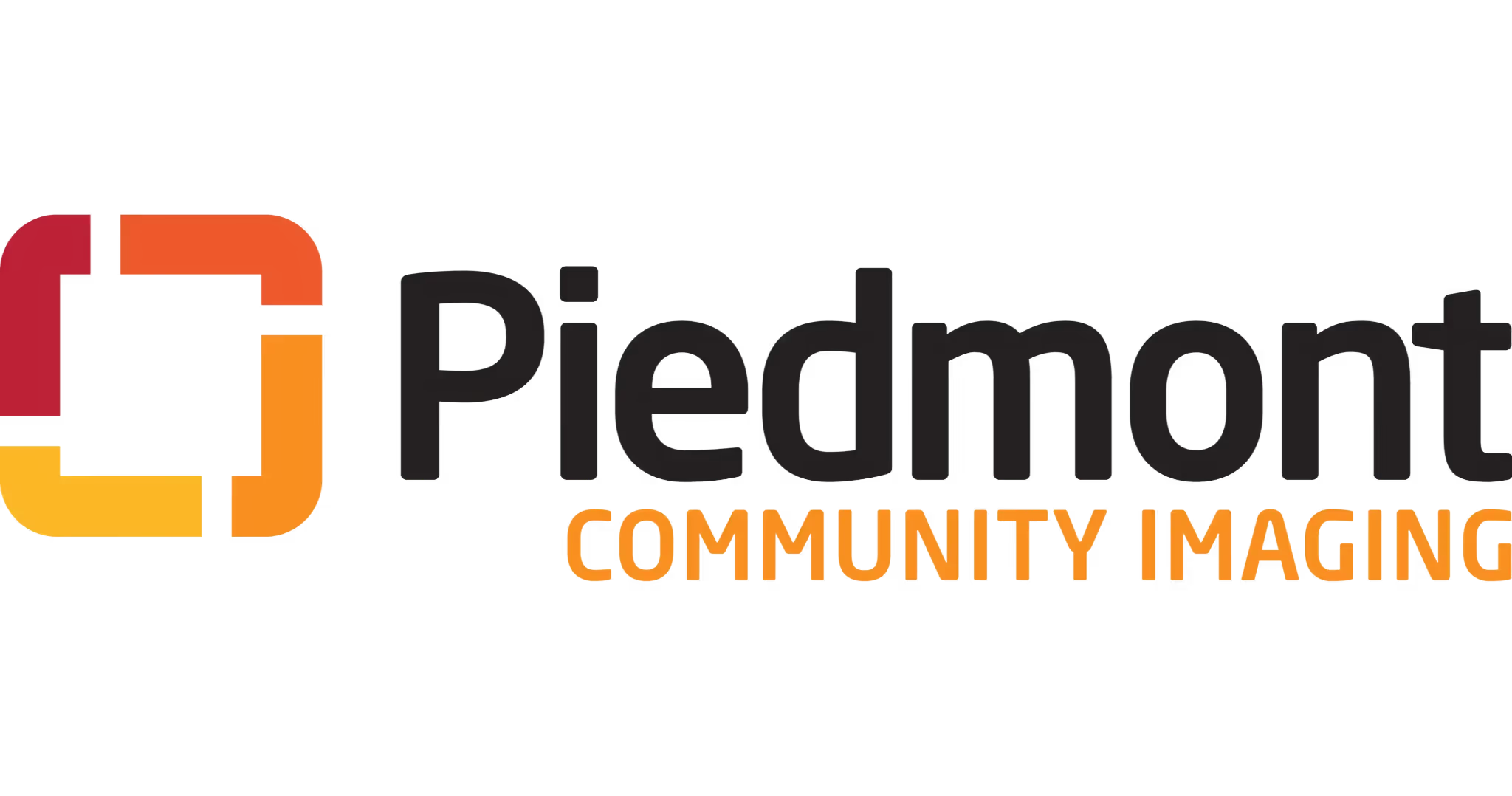
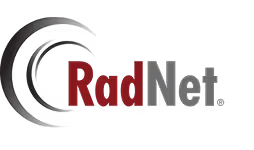



























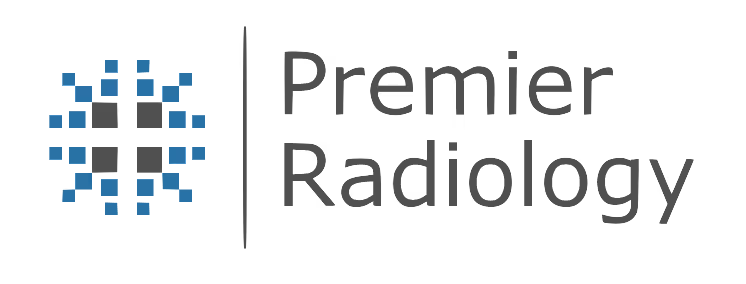
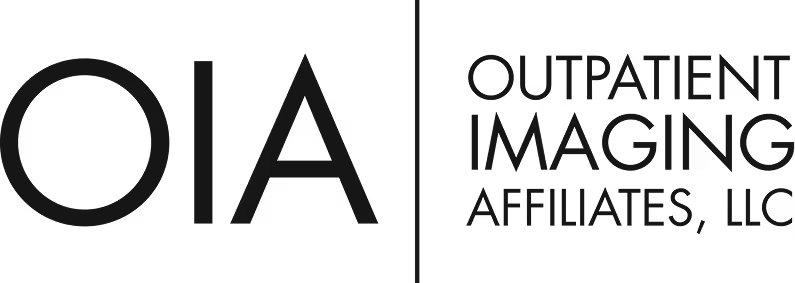



















74,000+
Contrast exams supervised monthly
64,000+
Hours of supervision monthly
2,700+
Technologists certified
0s
Of imaging partners nationwide
30+
Contrast reactions treated monthly
0%
Requested hours covered
Connect with us.


